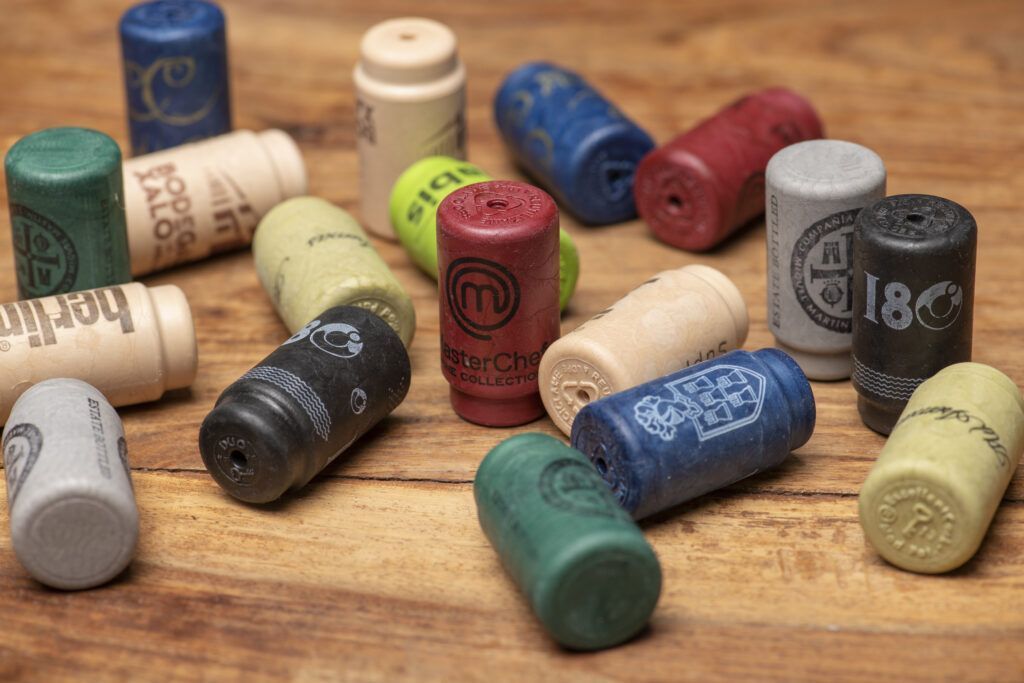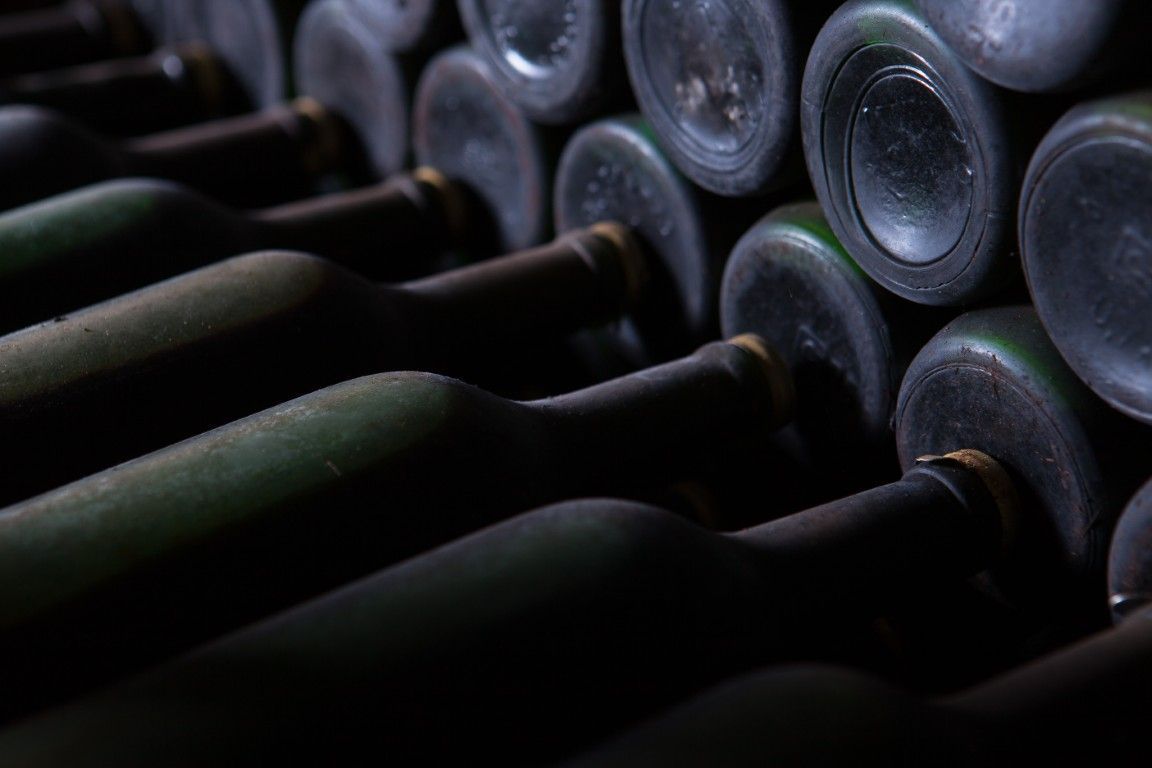Synthetic stoppers are an increasingly popular alternative to traditional cork stoppers. They offer numerous advantages in terms of consistency, quality, and ease of use.
Here we answer some of the most frequently asked questions about this innovative product.
What are synthetic stoppers?
Synthetic stoppers are made from synthetic polymers instead of natural cork. These polymers, such as polyethylene or PVC, allow for much greater control over the physical and chemical characteristics of the stopper.
They are manufactured through an injection molding process, which provides a high level of consistency and uniformity. Additionally, since they do not depend on a material like cork, which is extracted in raw form from the bark of the cork oak, variability between stoppers is eliminated.
What advantages do they have over cork stoppers?
Synthetic stoppers offer several significant advantages:
- Greater consistency and quality. Since they are molded, all stoppers have the same properties in these areas.
- Lower risk of contamination. There is no risk of transmitting aromas or TCA, the compound that causes “cork taint”.
- Better airtightness and sealing capacity. They more effectively prevent wine oxidation and keep the wine from “going bad” inside the bottle.
- Customizable. It is easy to add colors, logos, and text to the stoppers.
- Sustainability. Being a synthetic material, it can be recycled as plastic.
- Competitive price. Their automated, mass production process using inexpensive material reduces costs.
Other frequently asked questions about synthetic stoppers
What types of wines are they suitable for?
Synthetic stoppers are suitable for various types of wines but are especially recommended for:
- Young wines: their competitive price fits well with wines for frequent consumption.
- White/Rosé wines: by preventing oxidation, they better preserve their fruity aromas.
- Sparkling wines: their airtightness retains the gas well.
Do they transmit any taste to the wine?
Quality synthetic stoppers should not transmit any strange taste to the wine. The materials used are completely odorless and neutral.
In rare cases, some low-quality stoppers with inferior materials may impart slight synthetic notes. But with a quality stopper, this should not happen.
Are they easy to recycle?
Yes, one of the great advantages of synthetic stoppers is that they can be recycled very easily. Simply dispose of them in the light packaging bin (the yellow one), like any other plastic container.
In fact, many synthetic stoppers are now made from 100% recycled materials. And after use, they can be recycled many times over.
Are they cheaper than cork stoppers?
Yes, synthetic stoppers tend to be significantly cheaper than natural cork stoppers. Depending on the model and quality, savings can range from 20-40%.
This is mainly due to their production process, while cork requires more manual labor. Additionally, since synthetic stoppers are less dependent on the variability of raw materials, costs are more predictable and stable.
Do they fit all types of bottles?
Yes, the great flexibility in the design and manufacture of synthetic stoppers allows them to be adapted to any type of bottle.
Advanced molding systems enable the production of stoppers with the ideal geometry to fit perfectly in the neck of each bottle, regardless of shape or size.
Are they difficult to insert and remove?
High-quality stoppers are designed to make insertion and removal easy. Reputable brands like Excellent Cork even patent innovative designs that simplify these tasks.
For example, stoppers may include holes for easier access with the corkscrew or have a double diameter to guide compression when reinserting the stopper.
Can they include logos or branding?
One of the major advantages of synthetic stoppers is that they allow for very easy customization. Through screen printing or digital printing techniques, all kinds of logos, images, and text can be reproduced on their surface.
This allows wineries to reinforce their branding, improving design and the perception of quality in line with their brand image.
Are they suitable for organic farming?
Many of the materials and processes used in the manufacture of synthetic stoppers meet organic farming standards.
In fact, brands like Excellent Cork produce lines of stoppers specifically certified for use in organic wines.
Priority is given to using non-polluting materials, natural dyes, and sustainable processes. Therefore, synthetic stoppers present themselves as a modern and eco-friendly option.
Are they expected to replace cork stoppers in the future?
In the short to medium term, synthetic stoppers are not expected to completely replace cork stoppers, given the strong tradition of cork and its use for aging wines. But they are expected to continue gaining market share.
More and more companies are using synthetic stoppers for part of their production, reserving cork for premium lines where image is a priority. All signs point to a coexistence of both types of stoppers in the near future.





